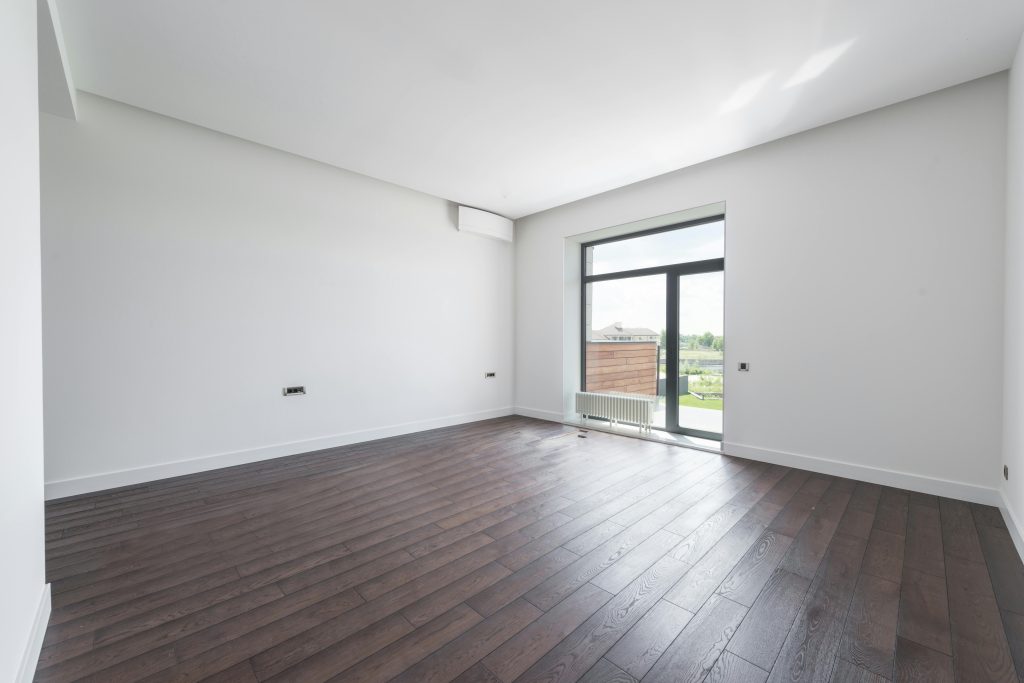Capital Gains Tax (CGT) can sting when you sell a buy-to-let property. After years of managing tenants, mortgages, and maintenance, seeing a chunk of your profit vanish to the taxman feels like a kick in the teeth.
But here’s the good news: there are legal ways to reduce – or even eliminate – CGT. This guide walks you through them, step by step.
Whether you’re planning to sell or just future-proofing your portfolio, let’s dive in.
Understanding Capital Gains Tax on Buy-to-Let Property
What Is Capital Gains Tax (CGT)?
Capital Gains Tax is a levy on the profit you make when selling an asset that’s gone up in value – like a buy-to-let property.
It’s not based on the full sale price, just the gain (sale price minus purchase price, plus allowable costs like stamp duty or legal fees).
Your main home is exempt, but second homes and investment properties? They’re fair game for CGT.
Current CGT Rates for Buy-to-Let (2025/26)
Here’s what landlords face, based on the latest UK tax rules:
- 18% on gains if you’re a basic rate taxpayer (income up to £50,270).
- 24% if you’re a higher or additional rate taxpayer (income over £50,270).
- Annual exemption: £3,000 of your gains are tax-free each year.
That £3,000 exemption is use-it-or-lose-it. Miss it by not planning, and it’s gone at the end of the tax year. Check the latest rates on GOV.UK to stay updated.
Legal Ways to Avoid or Reduce CGT on Buy-to-Let
1. Use Your Annual CGT Exemption
Every individual gets a £3,000 tax-free allowance for capital gains. If you’re married or in a civil partnership, you can double that to £6,000 by sharing ownership of the property.
Here’s how to make it work:
- Ensure both of you are named on the property’s title at the Land Registry.
- Report the gain on both tax returns to use both exemptions.
Simple, but often overlooked. Don’t let that free £3,000 slip away.
2. Transfer Ownership to a Spouse or Civil Partner
Transfers between spouses or civil partners are 100% CGT-free. This is a cracking way to:
You’ll need to formally update ownership via a solicitor or conveyancer – HMRC won’t accept a handshake deal. Learn more about joint ownership here.
3. Make the Property Your Main Residence
Private Residence Relief (PRR) is a game-changer. If the property was your main home at any point, you can exempt part – or all – of the gain, based on how long you lived there.
Plus, the final 9 months of ownership are usually exempt, even if you’ve moved out, provided it was once your main home.
Here’s a quick example:
- You own a buy-to-let for 10 years.
- You lived in it as your main home for 3 years.
- 3/10 of the gain is tax-free, plus the final 9 months.
If you’re planning ahead, consider moving into the property for a stint. Even a year could slash your tax bill.
4. Claim Lettings Relief (If You Qualify)
Lettings Relief used to be a landlord’s best mate, but it’s been tightened up. Now, it’s only available if:
- You lived in the property as your main home at the same time as your tenant.
- The property was your main residence at some point.
The relief is capped at £40,000 per person. It can reduce your gain by up to £40,000, or the amount of PRR you qualify for, whichever is lower.
You’ll need solid evidence of shared occupancy, like utility bills or tenancy agreements. It’s niche, but if it fits your situation, it’s a tidy saving.
5. Deduct All Legitimate Costs
Don’t let HMRC tax you on more than your true gain. You can deduct:
- Stamp Duty Land Tax (SDLT) from the purchase.
- Legal fees (for buying and selling).
- Estate agent fees.
- Survey costs.
- Capital improvements (e.g., extensions, new kitchens – not routine repairs like painting).
Got losses from other assets, like shares or crypto? Offset them against your property gain. Keep receipts and records – HMRC loves paperwork.
Advanced Strategies for Reducing CGT on Buy-to-Let Sales
1. Use a Limited Company Structure (Especially for Future Purchases)
Owning a buy-to-let through a limited company can be a savvy move:
- Companies pay Corporation Tax (19%–25% in 2025/26) on gains, not CGT, which can be lower than the 24% higher-rate CGT.
- You can offset more expenses, like mortgage interest, against rental income.
- Profits can stay within the company, deferring personal tax.
But transferring an existing property into a company triggers CGT and SDLT, so it’s rarely worth it for properties you already own. Instead, consider this for new purchases.
If you sell the company (not the property), you might qualify for Business Asset Disposal Relief. Always chat with an accountant first.
2. Use a Trust or Gift Strategy
Trusts can defer CGT using Holdover Relief, letting you transfer a property without immediate tax. This works best for:
- Discretionary or interest-in-possession trusts.
- Passing assets to the next generation.
But there’s a catch:
- The property must be genuinely gifted – you can’t keep control or benefit.
- Inheritance Tax (IHT) may apply, depending on the trust and your estate’s value.
This is complex, so get advice from a tax specialist. Trusts are great for long-term estate planning but aren’t a quick fix. Explore trusts and taxes on this page.
3. Time Your Sale Strategically
Timing can save you thousands:
- Sell just before 5 April to use this year’s £3,000 exemption.
- Sell a second property after 6 April to use next year’s exemption.
- Avoid selling in a high-income year, as more income pushes you into the 24% CGT band.
- Offset losses by selling loss-making assets (like shares) in the same tax year.
If you’re nearing retirement, wait until your income drops to the basic rate band for lower CGT. Boost your basic rate band by:
- Making pension contributions.
- Donating to charity via Gift Aid.
4. Principal Private Residence (PPR) Election
If you own multiple properties, you can nominate one as your main residence for PRR, even if you don’t live there full-time. This must be done within 2 years of acquiring a new property or changing how you use existing ones.
For example, nominating your buy-to-let as your PPR for a period could increase your tax-free gain. You’ll need to notify HMRC in writing.
Special Reliefs and Exceptions
1. Business Asset Disposal Relief (BADR)
BADR slashes CGT to 10% on qualifying gains, up to a £1 million lifetime limit. But buy-to-lets rarely qualify unless:
- The property is held in a limited company.
- You’re selling shares in a trading business (not a passive investment like a single buy-to-let).
- You’ve held the shares for at least 2 years and meet other HMRC criteria.
If you run a property development or management business, BADR might apply. Speak to a tax adviser to confirm eligibility.
2. Rollover Relief
If you sell a buy-to-let and reinvest the proceeds into certain business assets (e.g., trading company assets), you might defer CGT via Rollover Relief. This is rare for landlords but worth exploring if you’re diversifying into a business.
3. Inheritance vs CGT – The Smart Way to Pass on Property
Gifting a property during your lifetime triggers CGT on the gain, which can hurt. Instead, passing it via your will is often smarter:
- No CGT is due at death.
- The property’s base value resets to its market value at time of death, wiping out past gains for the inheritor.
- Inheritance Tax (IHT) may apply, but with a £325,000 nil-rate band (2025/26), many estates escape it.
For long-term planning, inheritance often beats gifting. Explore IHT rules here.
When CGT Is Unavoidable – Minimise the Damage
Sometimes, CGT is inevitable. But you can still soften the blow:
- Get a professional valuation, especially for inherited or gifted properties, to ensure the gain is calculated accurately.
- Claim every allowable cost – SDLT, legal fees, capital improvements.
- Offset losses from other assets (shares, crypto, etc.).
- Sell before 5 April to use your £3,000 exemption.
Under pressure to sell fast (e.g., divorce, debt)? Consider a quick-sale service like Property Rescue.
With smart planning, you can keep more of your hard-earned profit.
Ready to sell rapidly? Sell directly to us for cash. We’re just a call away.









